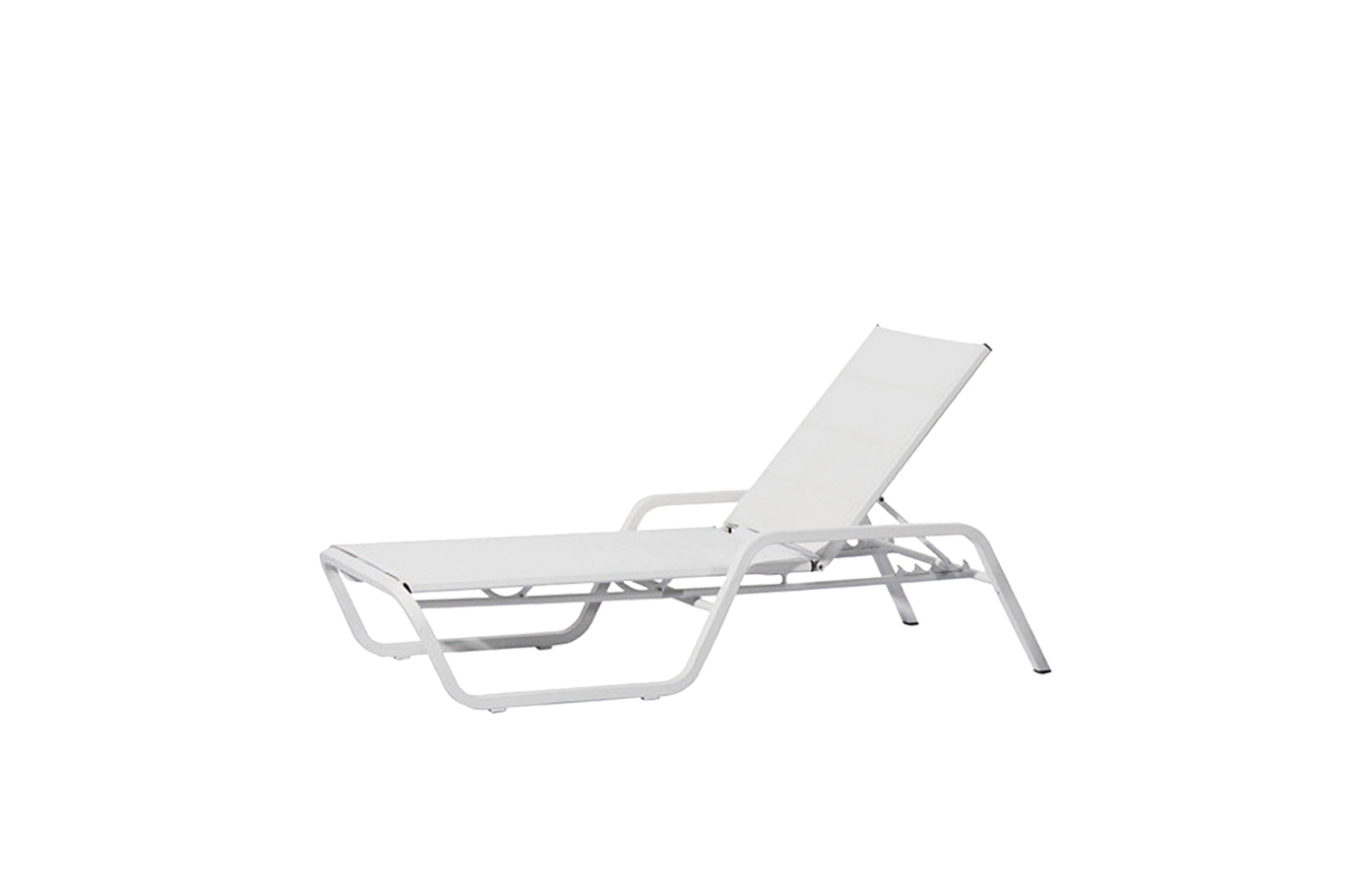Plastic is a ubiquitous material in our modern world, found in everything from water bottles to household goods to packaging. While plastic has many useful applications, it also presents a significant environmental challenge due to its long lifespan and resistance to decomposition. It’s estimated that over 8 million tons of plastic end up in the world’s oceans every year, causing serious harm to marine life and ecosystems.
One way we can address this issue is by being more mindful of how we handle plastic products and take steps to reduce our overall plastic consumption. By following these simple guidelines, you can help minimize the negative impact of plastic on the environment.

How to Safely Handle Plastic Products and Reduce Environmental Impact
1. Reduce Single-Use Plastics: One of the easiest ways to reduce your plastic footprint is to avoid single-use plastic items whenever possible. This includes plastic bags, straws, utensils, and water bottles. Opt for reusable alternatives like cloth bags, metal straws, bamboo utensils, and stainless steel water bottles.
2. Recycle Properly: When disposing of plastic products, make sure you recycle them properly. Check with your local recycling program to see which types of plastic they accept and how they should be sorted. Rinse out bottles and containers before recycling to remove any food residue, as contaminated plastics may not be able to be recycled.
3. Avoid Heat: Plastic products can release harmful chemicals when exposed to high temperatures, so avoid heating them in the microwave or dishwasher unless they are specifically labeled as microwave-safe or dishwasher-safe. Choose glass or ceramic containers for heating food instead of plastic.

How to Safely Handle Plastic Products and Reduce Environmental Impact
4. Use BPA-Free Products: Bisphenol A (BPA) is a potentially harmful chemical used in some plastics, particularly in food and beverage containers. Look for BPA-free products, which are made without this harmful chemical, to reduce your exposure to potentially harmful toxins.
5. Support Plastic-Free Alternatives: Seek out products and companies that are committed to reducing their plastic use and offering eco-friendly alternatives. Choose products with minimal plastic packaging or opt for items packaged in biodegradable materials like cardboard or compostable plastics.
6. Educate Others: Spread awareness about the environmental impact of plastic and encourage others to join you in making more sustainable choices. Share information about the benefits of reducing plastic consumption and recycling properly to inspire positive change in your community.

How to Safely Handle Plastic Products and Reduce Environmental Impact
By making small changes in how we handle plastic products, we can collectively work towards a cleaner, healthier environment for future generations. Remember that every little bit counts, and your efforts to reduce plastic waste can make a meaningful difference in the fight against plastic pollution. Together, we can create a more sustainable world for all. Leisure Ways Patio Furniture

